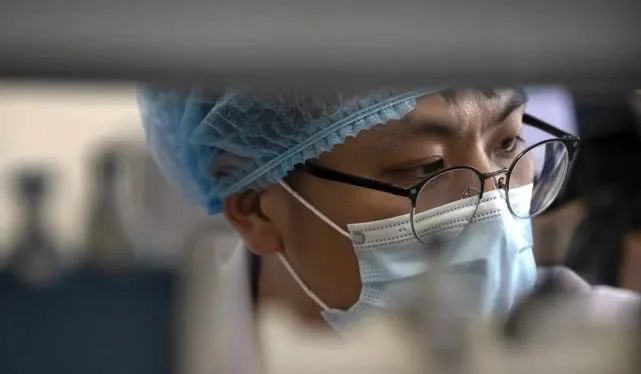News Center
CONTACT US
- 0086-20-87565659
- vickyhan@cn-hessine.com
- Room 2012, Block 3, No. 501, Zhongshan Avenue, Tianhe District, Guangzhou City

The New York post reported on April 22th, Novel coronavirus viruses can linger in the eyes of patients for more than 20 days and reappear a week after they disappear. What's more, after the novel coronavirus disappeared from the patient's nasal cavity, there were still traces of the infectious pathogen in her eyes.
According to the findings, published in the Annals of Internal Medicine (Annals of Internal Medicine) of the article, the 65 - year - old patient is Italy's first COVID - 19 confirmed cases, January 29, was sent to in Rome Italy's national institute of infectious diseases hospital isolation ward, on her symptoms include dry cough, sore throat, nasal inflammation, and signs of bilateral conjunctivitis or pink eye.
The patient began to develop fever and vomiting on the fourth day, but it was not sure whether that was four days after the onset of symptoms or four days after admission. Tests confirmed that she was infected with novel coronavirus.
Because the patient's conjunctivitis symptoms have not improved, on the third day of admission, the medical staff decided to carry out an eye swab test on her, the results showed that the virus particles could be detected. The patient continued to undergo eye swab tests throughout her hospitalization, which revealed that novel coronavirus was constantly replicating, suggesting that her eyes could be contagious.
"We found that the intraocular fluid of a novel coronavirus infected person may contain an infectious virus, so this could be a potential source of infection," the researchers wrote.
Moreover, until the 21st day, novel coronavirus could still be detected in the eyes of the patient, and the virus disappeared, but reappeared 5 days later. The researchers also noted that several days after RNA from novel coronavirus disappeared from a nose swab sample, genetic genes of the virus were detected in a patient's eye swab. This suggests that novel coronavirus remained in the patient's eye longer than previously detected with a nasal swab.
"These findings underscore the importance of preventive measures, such as avoiding touching the nose, mouth and eyes, and frequently washing hands." "The researchers wrote. It also suggests the importance of proper use of personal protective equipment by ophthalmologists during clinical examinations, as the eye mucosa can be a source of infection as well as a place where the virus enters.
"In addition, we have observed that sars-cov-2 may develop eye infections early in the course of covid-19, suggesting that early steps must be taken to prevent transmission through this route." Next, the team suggests, researchers should try to find eye cells that enable novel coronavirus to replicate activity.
This article was published in [chengdu business daily] on April 23, 2020


